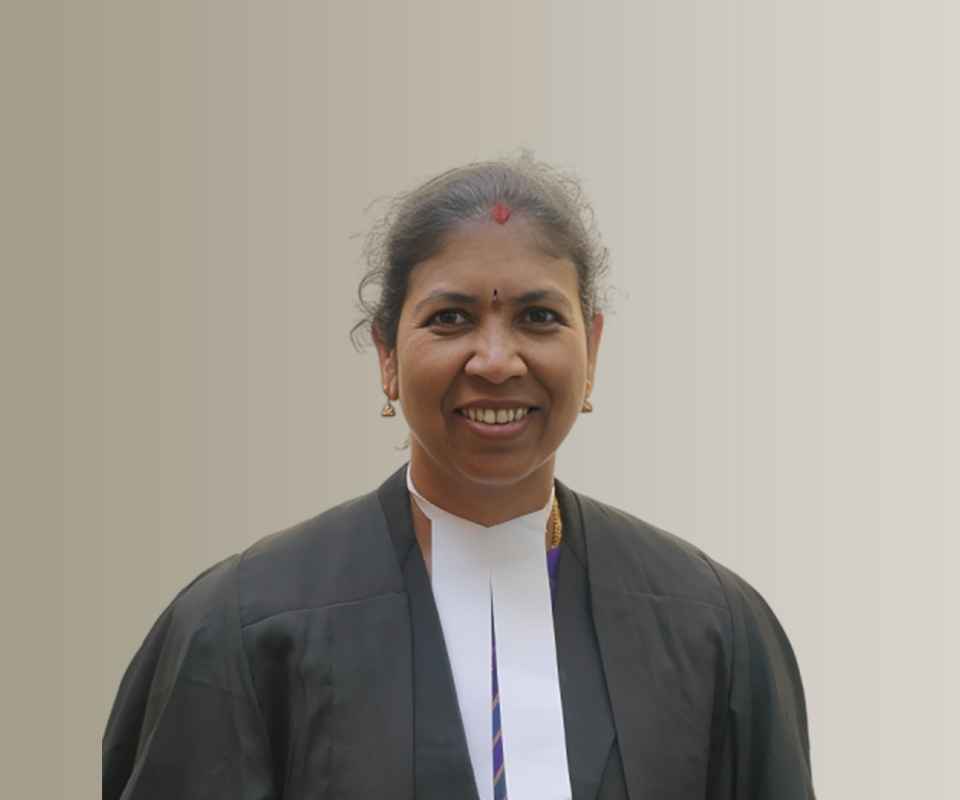Answer By law4u team
The appointment of High Court judges in India is a multi-step process, which involves the following: Recommendation by the High Court Collegium: The High Court Collegium, which is a group of senior judges of the High Court, recommends the names of eligible candidates for appointment as judges of the High Court to the Chief Justice of India (CJI). The Collegium considers various factors such as seniority, legal knowledge, and professional competence while recommending the names. Scrutiny by the Supreme Court Collegium: The CJI, along with four other senior judges of the Supreme Court, constitute the Supreme Court Collegium. The Collegium scrutinizes the recommendations made by the High Court Collegium and may suggest changes or additions to the list. Background Check: The Ministry of Home Affairs conducts a background check of the candidates recommended by the Collegium. This includes verifying the candidate's educational qualifications, professional experience, and criminal record, if any. Appointment by the President: Once the background check is complete, the file containing the names of the recommended candidates is sent to the President of India for final approval. The President may accept or reject the recommendation or ask for reconsideration of the same. Oath of Office: After the President's approval, the selected candidates are appointed as judges of the High Court and take the oath of office before the Chief Justice of the High Court. It is important to note that the process of appointment of High Court judges has been a subject of debate and controversy in India. In recent years, there have been calls for reforms in the process to make it more transparent and accountable.









